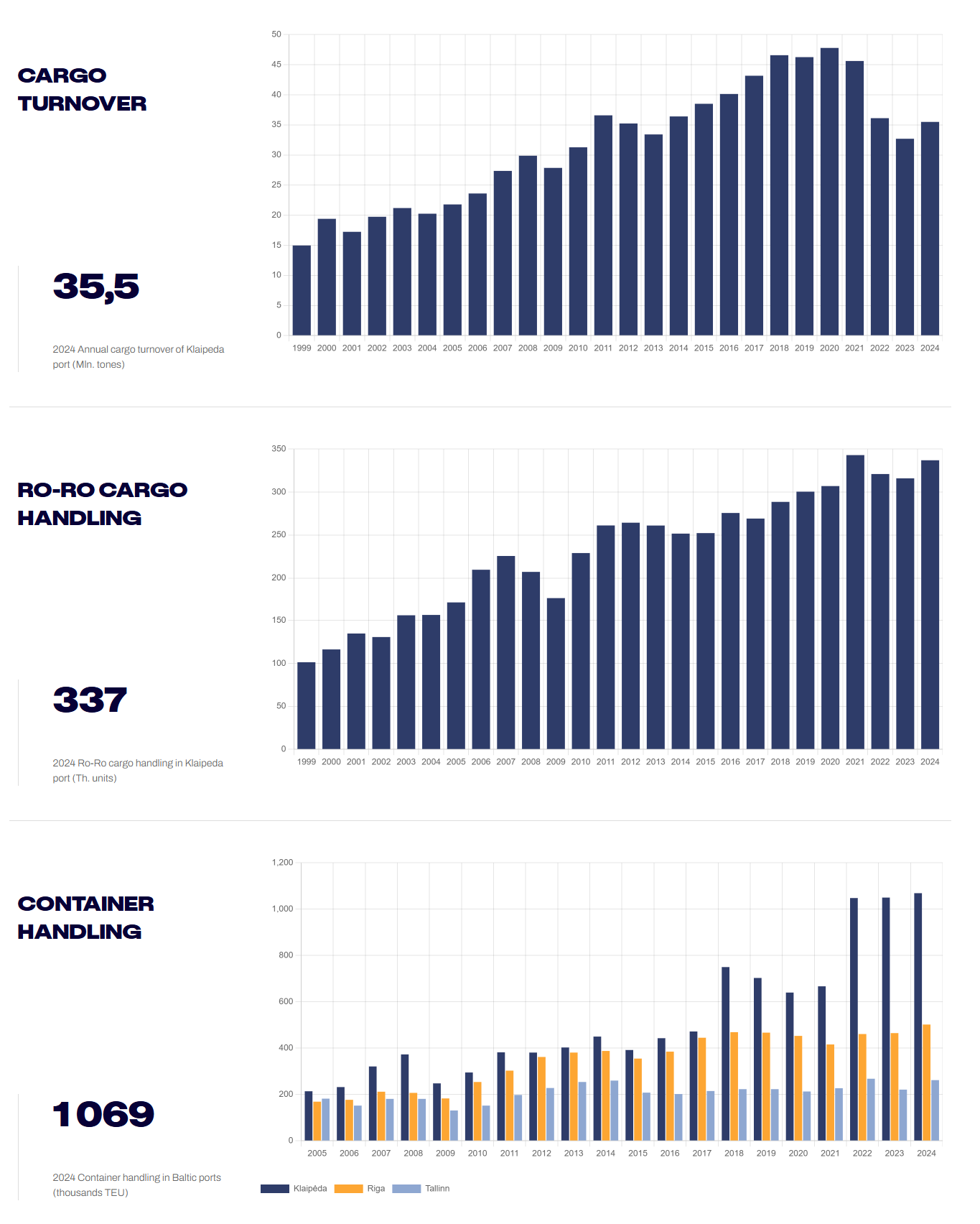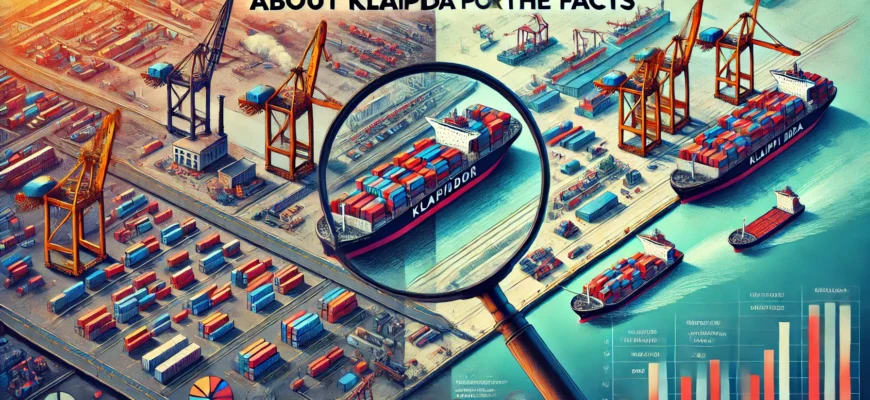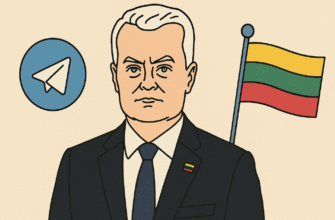# Translation to English, preserving HTML markup:
On February 7, 2025, a video with the headline “Klaipeda port due to sanctions has become useless to anyone! #lithuania #europeanunion #sanctions #crisis” was posted on the YouTube channel CTVBY. The video gathered more than 300 thousand views.
The content of this story:
International topics. The Klaipeda port has sunk in the ambitions of politicians and continues to drag Lithuania’s economy to the bottom. Over four years, the number of shipments has decreased eight times. The Director General of the port stated that only 5% of transit shipments remain instead of the previous 40%. The main reason for this situation was serious difficulties amid the political conflict with Belarus, long-term anti-Russian sanctions, as well as the closure of eastern markets. In Klaipeda, they tried to reorient towards Central Asia, but unsuccessfully. Many experts have already noted that sanctions affecting the port’s activities will damage the Lithuanian economy. However, the politically myopic authorities of the Baltic Republic did not want to acknowledge this.
Our verdict based on the analyses conducted:
Verdict: Incorrect
Reasons:
- The thesis or statement is completely false: information from several sources or opinions of several experts in a specific field contradict it.
- Cause-and-effect relationships and connections clearly do not exist as claimed.
- When quoting, essential parts are omitted, rearranged, altered, or incorrectly translated from a foreign language, resulting in a fundamental change in the meaning of what was said.
- The event occurred differently in substantial aspects than claimed.
Full video:
Let’s look at the statistics section on the official website of the Klaipeda port:

Of course, turnover has fallen, but the reduction in shipments was never by 8 times.
More official information, including mention of the name of the Director General of the Klaipeda port, not an anonymous mention:
In 2024, the Klaipeda port achieved significant successes, handling 35.5 million tons of cargo, which is 8% more than in the previous year, and taking 39% of the market among ports of the Baltic countries. The biggest growth was observed in the handling of construction materials and minerals, the volume of which almost doubled to 2.068 million tons thanks to active construction of roads and railways. Container transportation increased by 9%, reaching more than 10 million tons, and the number of containers handled amounted to 1.068 million TEU, which is a new record. Ro-ro type cargo grew by 16%, reaching 6.1 million tons, and the volume of wood and forest products increased by 49%. The Director General of the port, Algis Latàkas, noted that the sustainable growth and record indicators are due to strategic investments in infrastructure and equipment modernization. Despite geopolitical challenges, the port continues to strengthen its position and increase its competitiveness.
Now let’s perform an analysis of disinformation narratives and semantic analysis:
Criticism of Lithuanian authorities for ignoring the economic consequences of sanctions and political decisions.
concept substitution
Assumption that sanctions and political decisions are part of a broader strategy directed against Lithuania.
rhetorical questions
Portrayal of Lithuanian authorities as soulless and incompetent, which undermines trust in them.
false conclusions
The video uses manipulative techniques to create a negative image of Lithuanian authorities and emphasizes economic problems, which can contribute to public discontent and division.
Klaipeda port
political conflict
Lithuanian economy
negative
disappointment
anxiety










